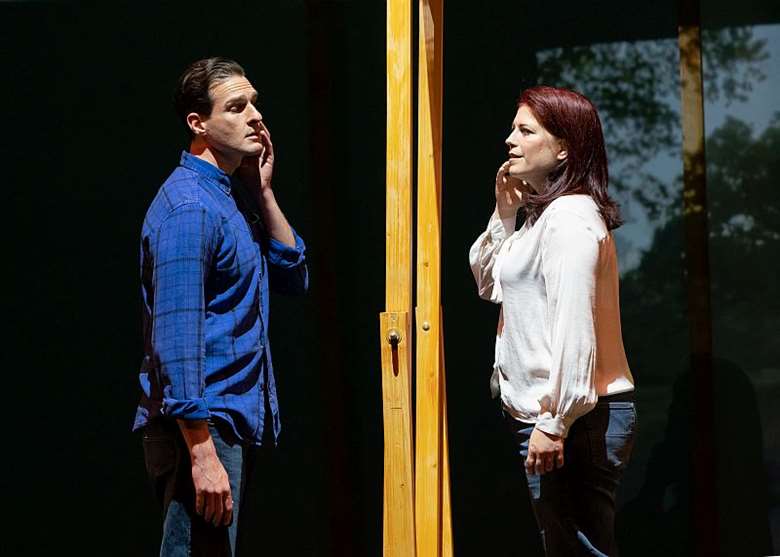'A person embarking on a quest to find – and live – their truth': opera hit comes to London
Laura Kaminsky
Wednesday, August 25, 2021
Laura Kaminsky's opera As One has become the most performed contemporary opera in recent years in the US and follows the journey of a transgender woman. CM finds out more, ahead of the work's London premiere


Register now to continue reading
Don’t miss out on our dedicated coverage of the classical music world. Register today to enjoy the following benefits:
- Unlimited access to news pages
- Free weekly email newsletter
- Free access to two subscriber-only articles per month